In today’s competitive job market, including training courses on your resume or CV could just be the key to unlocking new career opportunities and getting those interview calls. Training courses encompass a variety of learning experiences, including workshops, seminars, online courses, and certifications – designed to develop specific skills or knowledge in a particular field. For example, you might attend a project management workshop to improve your organisational skills or enrol in an online coding course to enhance your technical abilities. But with so many options available, how do you ensure that the training courses you choose will truly benefit your CV and career prospects? In some cases, having certain courses on your CV could actually backfire:
- Expired Accreditation
In the case of accredited courses, do your due diligence and ensure the validity has been renewed. Otherwise, it could be a turn-off for prospective employers when they notice your expired credentials.
- Lengthy or irrelevant Training Course Topics
It’s wonderful to have been involved in multiple courses throughout your lifetime. But is it necessary to list out every one of them? (Unfortunately, no.)
When it comes to applying for that new role you have been eyeing or moving up the career ladder, having a clear and well-structured CV is critical. Having the “wrong” courses or information on your resume could ruin your hard work.
Here 5 Ways to Ensure Your Training Courses Are Adding Value to Your CV
1. Clarify Your Career Goals
To start, take the time to clarify your career goals and aspirations before you take up any training courses. What skills or knowledge do you need to progress in your desired field? By defining your career objectives, you can identify relevant training courses that will add value to your CV and align with your professional development path. For example, if you aspire to work in digital marketing, it would make more sense to prioritise taking courses in social media management, search engine optimisation (SEO), or content marketing and later putting them on your CV.
2. Choose Accredited and Recognised Courses
When selecting training courses to enhance your CV, prioritise accredited and recognised programmes that hold weight in your industry. This may also be more relevant for certain fields, such as accounting or Human Resources (HR) where you have courses that are viewed more favourably by the employer. Accredited courses tend to be validated by reputable organisations or governing bodies, ensuring that they meet established standards of quality and relevance. For example, if you are someone in accounting, you might opt for courses endorsed by professional associations, universities, or industry-leading companies such as ACCA.
4. Highlight Courses on Soft Skills
Technical skills are great but soft skills matter too. Leadership abilities, in particular, can set you apart in the eyes of employers. By highlighting leadership courses on your CV, you’re showcasing your knack for driving projects forward and instigating positive change. Luckily, in the UK, there’s no shortage of accredited providers offering top-notch leadership courses. From the Chartered Management Institute (CMI) to the Institute of Leadership & Management (ILM), there’s a wealth of options to suit various career levels and aspirations.
5. Detailed Course Information
To maximise the impact of having training courses on your CV, it’s essential to provide detailed information about each course you’ve completed. Include the course name, the institution or online platform that provided the course, and the date you completed it. Additionally, specify if the course offered a certification or if it was part of a specialised program. For instance, rather than simply listing “Completed an online course in data science,” you could highlight your expertise in Java, data analysis, and machine learning algorithms acquired through a comprehensive online data science course – and the platform or provider of where that course was taken.
6. Use Action Verbs
When describing the skills or knowledge gained from training courses on your CV, use actionable language that clearly communicates your achievements. Instead of vague statements, such as “...completed a course in digital marketing.,” provide specific details about the skills acquired and how they can benefit potential employers. For example, you could emphasise your ability to develop strategic marketing campaigns, analyse market trends, or optimise digital advertising strategies.
Conclusion
No matter whether you’ve just started your career or have been around in your field for years, at some point – you might have heard that training courses could boost your status professionally. If you are someone without much work experience, having training courses on your CV can also help you give your profile more substance. Nonetheless, it’s important you detail the training courses on your CV to align with the position you’re trying to apply for. This way, you can ensure that your training courses add significant value to your CV and differentiate you as a competitive candidate in your field.
Some articles :










